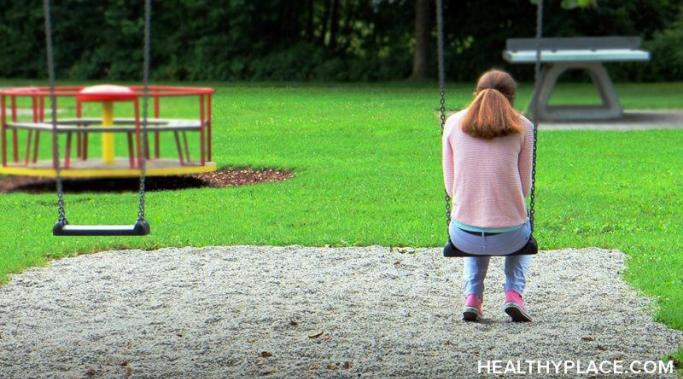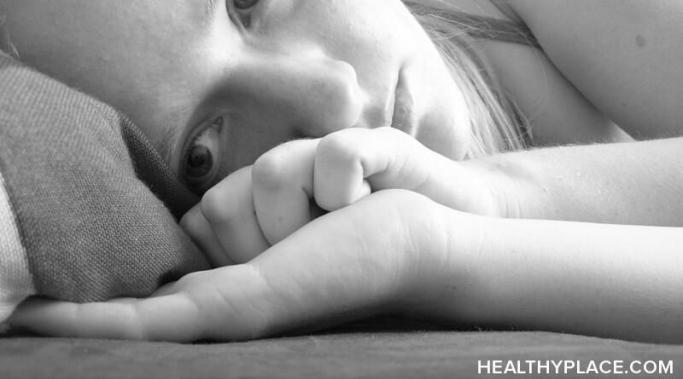Is it really possible to build self-confidence when you have depression? Yes, it can be done. While the challenge is greater for those of us with depression, it truly is within our ability to build up confidence within ourselves. Now that we know building self-confidence is possible, let's find out how we can start working towards that goal today.
Coping with Depression
Many people have obsessive thoughts when they're depressed. For me, this is the absolute worst part of depression. Having "pure obsessive-compulsive disorder (OCD)", I deal with intrusive thoughts and obsessive thinking on a daily basis. Learning how to cope with these obsessive thoughts while depressed has been the biggest challenge of my life. In this post, I share what obsessive thinking looks like for me as well as a video on what to do when caught in an obsessive thought storm.
Although we share a depression diagnosis, each of us is still an individual with unique interests; therefore, when we're feeling depressed, it's important to find hobbies and activities that work for our specific personality types. So, what are some suggested activities, and how do we discover which ones might work for us? Also, how can participating in these hobbies and activities help us when we're feeling depressed?
Pets help with depression. If you’ve ever felt the happiness that comes when your furry friends come to greet you, or felt the calming effect of grooming a fur baby, then I’m sure you would agree that pets can be good for our mental health. In fact, a survey by the Human Animal Bond Research Institute found that 74 percent of pet owners reported mental health improvements from pet ownership. Here are six ways that pets help with depression.
It's appropriate to focus on the importance of routine self-care in our depression recovery since International Self-Care Day was this past Tuesday, July 24. This kind of self-care includes daily tasks that are important for our health and hygiene, but we often find these seemingly basic activities overwhelming with depression. What are some of these routine tasks? Why are they an integral part of coping with depression and how can we find the motivation to complete these routine self-care tasks?
Talking about depression isn’t always helpful. Please know that I support movements to talk about our mental health. (If you haven’t yet, please read my previous post, part one of this two-part series, titled When We Need to Talk About Depression.) Good things happen when we talk about our depression. There comes a point, though, when the scales begin to tip and when talking about depression isn’t helpful.
Coping with rejection is difficult for most people, but it can be especially painful for those of us who have depression. We tend to internalize things so rejection often leaves us feeling as if we've done something wrong or plagues us with incessant negative thoughts. So, how can we accept the experience and begin coping with rejection in a healthier way?
While it can be difficult, there are times when we should talk about depression. We may feel embarrassed or ashamed to admit our depressed feelings to ourselves or others, but there are times when talking about depression is urgent, critical, and needed.
Those of us with depression will often experience situations that can trigger depressive episodes. Since we can expect these events to occur, we need to have some effective coping strategies in place. What effective strategies can we use to cope with these triggers?
Depression is a treatable mental illness. Yet for many of us who deal with depression, we will experience depression relapse. While there are things we can do to help prevent depression relapse, sometimes, despite our best efforts, we will still relapse with depression. If that time comes, here’s how to cope with depression relapse.









